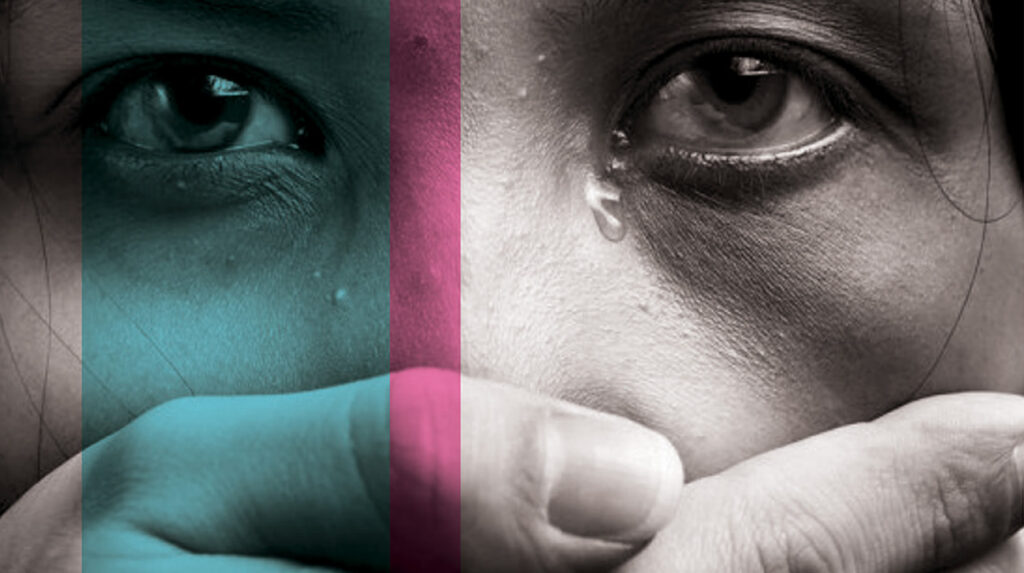
The first part of this report provides a comprehensive look at gender-based violence (GBV) from the perspective of refugee women and girls in Turkey, focusing particularly on the experiences of Syrian refugees. It highlights real and painful stories that reflect the reality of violence faced by women in the Syrian refugee community. The report emphasizes that this violence is not new but deeply rooted in traditions, customs, laws, and fundamentalist religious discourse.
The report begins with an introduction describing horrific acts of violence that occurred in 2020, such as a man burning his wife, another killing his infant daughter, and a brother raping and killing his sister with the help of their parents. These are not fictional stories but daily realities for women, underscoring the urgent need to confront such violence.
The report defines GBV as violence directed against individuals or groups based on their gender, encompassing acts that cause physical, mental, or sexual harm or suffering, as well as threats of such acts, coercion, and other forms of deprivation of liberty. It states that this violence stems from social imbalances in gender roles, reinforced by patriarchal and authoritarian social concepts.
The report also explains that GBV intensifies during times of conflict, armed struggles, and natural disasters, noting that the humanitarian crisis in the Syrian context has exacerbated women’s suffering and created a complex form of compounded violence against Syrian women and girls.
The report is based on the firsthand testimonies of 64 Syrian refugee women in four Turkish provinces: Istanbul, Gaziantep, Nizip, and Antakya. It adopts a feminist approach, viewing violence as an intersectional issue with women at the center, influenced by horizontal variables such as refugee conditions and their legal, social, and economic consequences, and vertical factors like patriarchal inheritance and the male-dominated system.
The report aims to gather and analyze information about the collective and individual experiences of violence in the context of Syrian refugees in Turkey, with a focus on identifying experiences of sexual and gender-based violence. It also seeks to shed light on the lived experiences of policies addressing refugee women in relation to this violence and to offer recommendations to decision-makers at various levels.
You can access and download the attached report.
The first part of this report provides a comprehensive look at gender-based violence (GBV) from the perspective of refugee women and girls in Turkey, focusing particularly on the experiences of Syrian refugees. It highlights real and painful stories that reflect the reality of violence faced by women in the Syrian refugee community. The report emphasizes that this violence is not new but deeply rooted in traditions, customs, laws, and fundamentalist religious discourse.
The report begins with an introduction describing horrific acts of violence that occurred in 2020, such as a man burning his wife, another killing his infant daughter, and a brother raping and killing his sister with the help of their parents. These are not fictional stories but daily realities for women, underscoring the urgent need to confront such violence.
The report defines GBV as violence directed against individuals or groups based on their gender, encompassing acts that cause physical, mental, or sexual harm or suffering, as well as threats of such acts, coercion, and other forms of deprivation of liberty. It states that this violence stems from social imbalances in gender roles, reinforced by patriarchal and authoritarian social concepts.
The report also explains that GBV intensifies during times of conflict, armed struggles, and natural disasters, noting that the humanitarian crisis in the Syrian context has exacerbated women’s suffering and created a complex form of compounded violence against Syrian women and girls.
The report is based on the firsthand testimonies of 64 Syrian refugee women in four Turkish provinces: Istanbul, Gaziantep, Nizip, and Antakya. It adopts a feminist approach, viewing violence as an intersectional issue with women at the center, influenced by horizontal variables such as refugee conditions and their legal, social, and economic consequences, and vertical factors like patriarchal inheritance and the male-dominated system.
The report aims to gather and analyze information about the collective and individual experiences of violence in the context of Syrian refugees in Turkey, with a focus on identifying experiences of sexual and gender-based violence. It also seeks to shed light on the lived experiences of policies addressing refugee women in relation to this violence and to offer recommendations to decision-makers at various levels.
You can access and download the attached report.